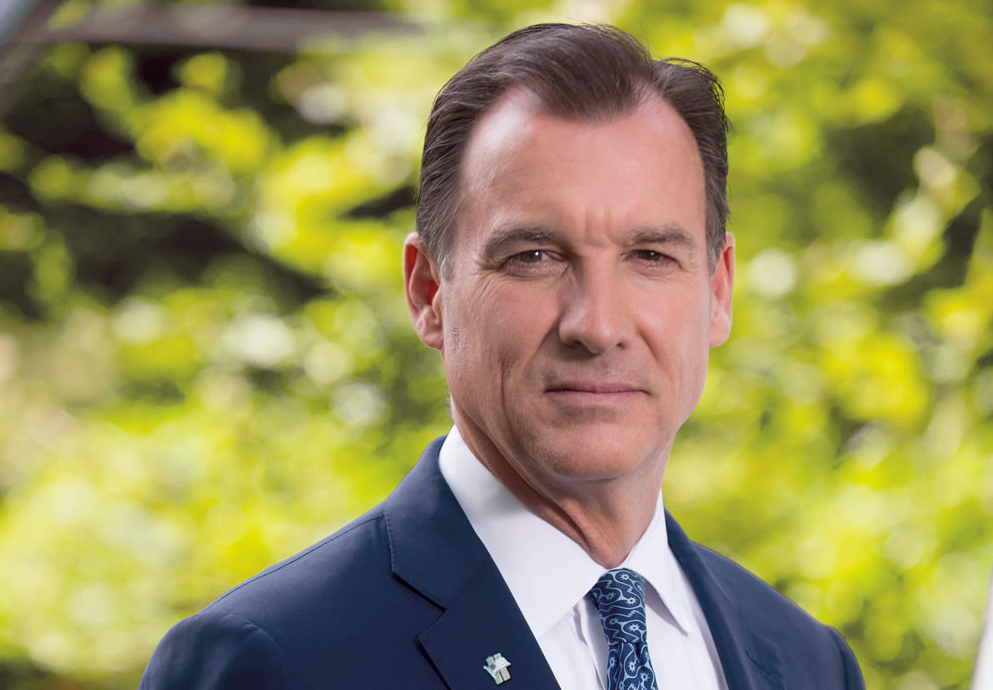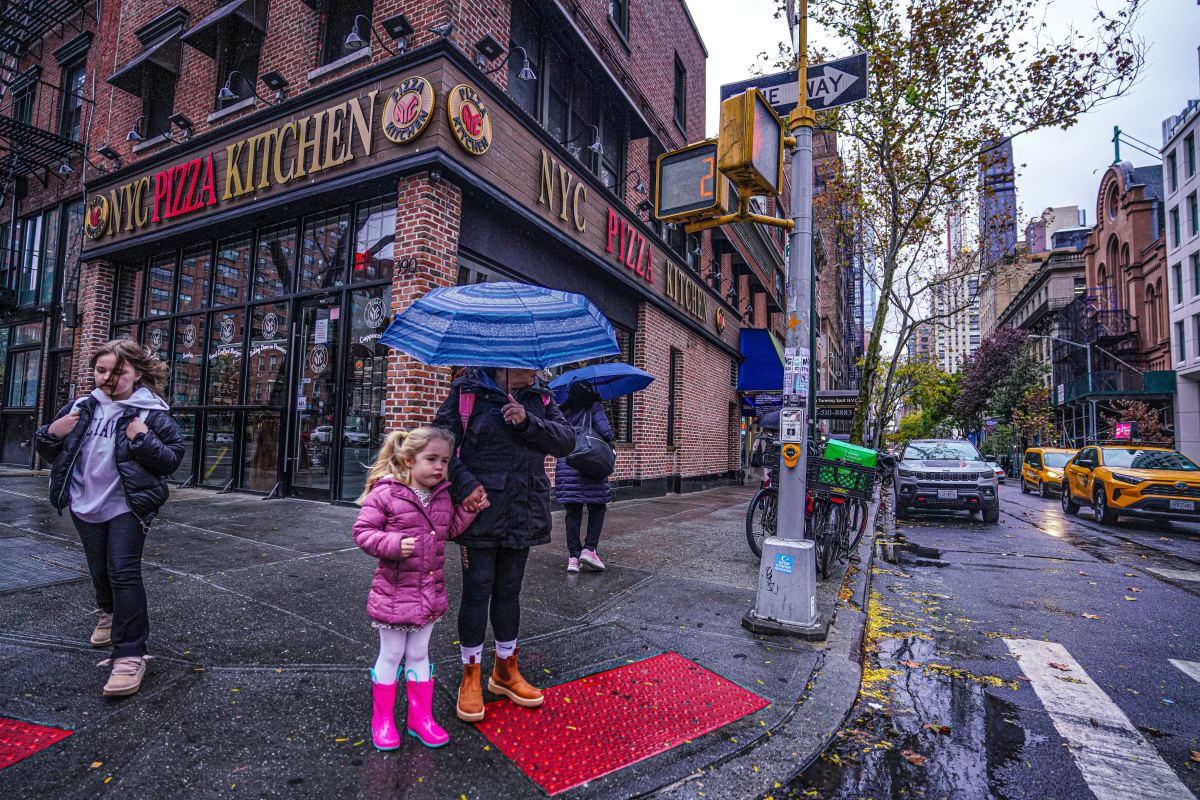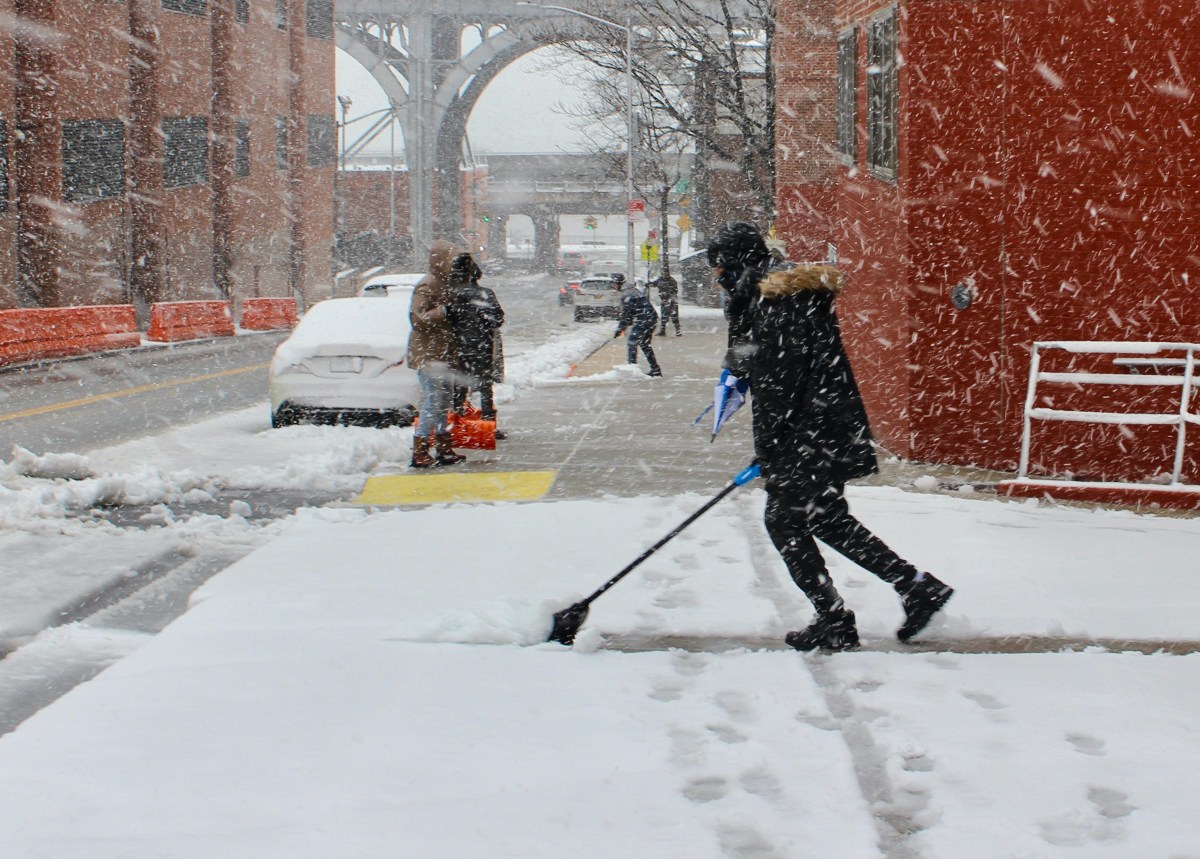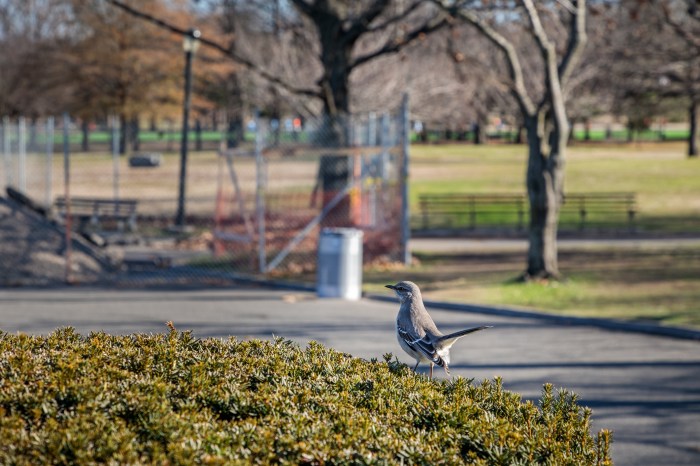Climate change is real and we must take aggressive proactive steps to address it, but we can’t bankrupt working and middle class co-op and condo homeowners in our efforts to make change. New York City Local Law 97, with its unforgiving timelines and heavy fines, endanger the housing security of working and middle-class families who have invested their life savings into their co-ops and condos all over Queens, from Whitestone to Bay Terrace.
Residents are concerned about the financial squeeze placed on them by the strict emissions caps and steep penalties for co-op and condo owners in Local Law 97. We can’t afford for our government to be punitive in its approach.
Let’s be clear, cutting greenhouse gas emissions from large buildings is a crucial piece of meeting New York City’s ambitious climate targets and securing a sustainable future. We cannot ignore the very real threats of climate change.
Charging massive fines starting in 2030 that could cost affected homeowners tens of thousands of dollars and subjecting them to the same rules as the Empire State Building is simply not reasonable. We need a common sense law that accomplishes the climate objectives while treating co-op and condo homeowners more like one- to four-family homeowners and public/affordable housing complexes.
Recently, Council Members Linda Lee and Sandra Ung have offered a smart, balanced solution, that is now co-sponsored by Council Member Vickie Paladino. Their changes to Local Law 97 via the newly-proposed, bipartisan Local Law 1197 represent a pivotal and necessary step toward a smarter approach to environmental and economic sustainability in our city. Their amendments do both and achieve the right balance by easing the financial burdens facing homeowners without sacrificing meaningful emissions reductions.
Several key provisions strike the right note. Counting open and green spaces toward gross floor area provides a fair way to calculate limits that align with carbon sequestration from vegetation. Adjusting caps for early adopters rewards good faith efforts at retrofitting made by co-ops and condos. Introducing flexibility in penalties for working class buildings avoids disproportionate impacts. All good things.
These changes will work to improve the lives and housing security for many New Yorkers. They also retain Local Law 97’s aim of curbing 40% of emissions by 2030 – a target that remains ambitious yet important for a community that is too often faced with the high costs of historic hurricanes.
As the 2024 deadline approaches, time is running out for impacted homeowners facing impossible choices under current regulations. By revising Local Law 97 to be more balanced, this legislation offers economic relief while still delivering major emissions reductions.
I applaud Council Members Lee and Ung for their collaborative approach. These are the sorts of common-sense reforms that New Yorkers deserve from their government, from City Hall to Albany to Washington D.C. You can count on me to be their ally and yours when I return to
Congress where I will work every day to secure funding for our district that aids in this energy transition and builds a more resilient Queens community.




































